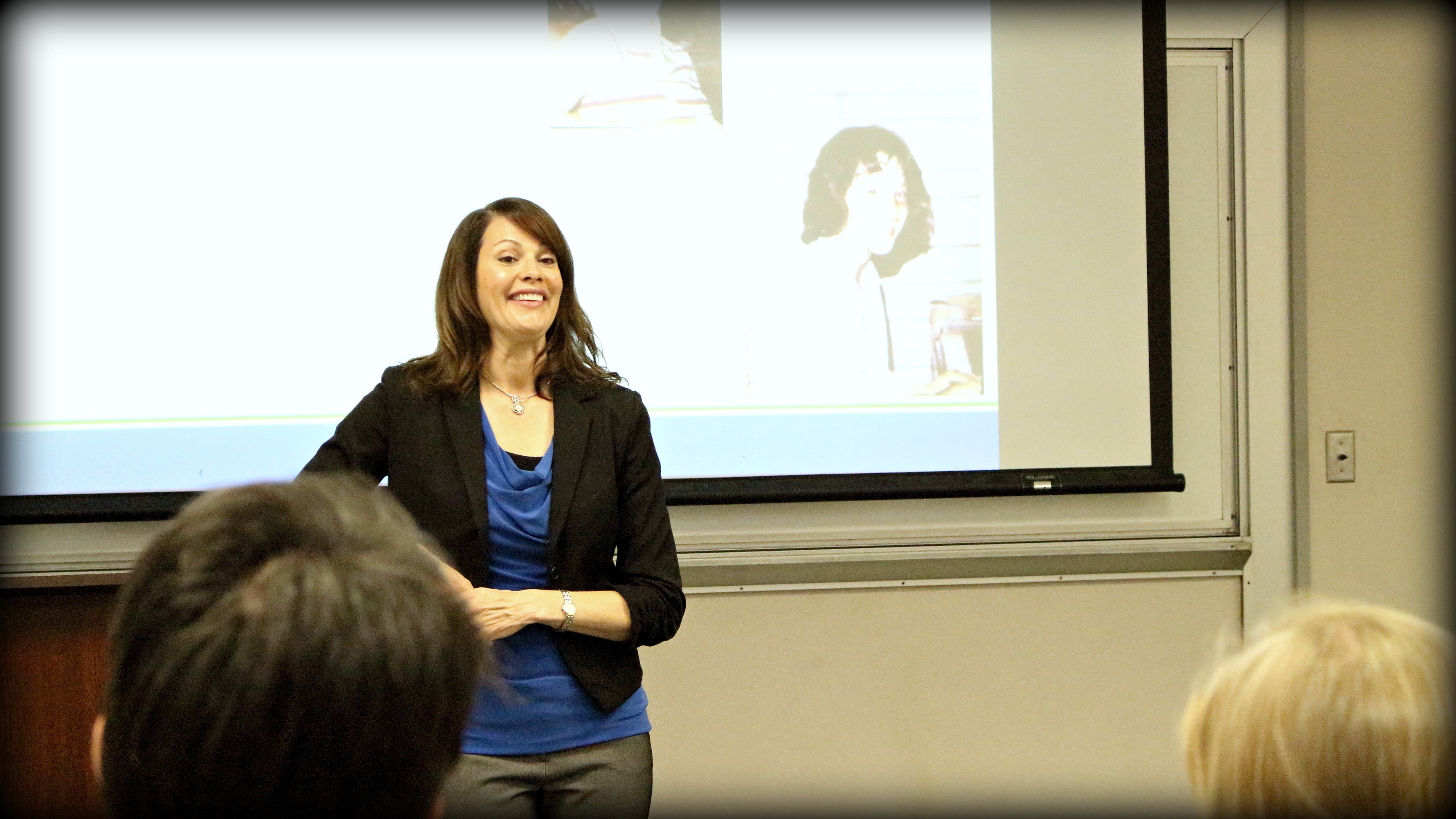
The room was silent when we walked in. It was an eerie feeling, the excitement and eager curiosity of these business students was palpable.
A month earlier when we were asked to speak at the university, we felt the same way. We were asked to give them something they could use to help their careers. We knew that, in this room, there would be a thirst for knowledge and our sole purpose was to quench it.
Speaking as someone who graduated somewhat recently, I can make the bold claim that: Students are often given knowledge without context or application. I can promise you that much of it goes in one ear and out the other simply because there is nothing to anchor it to.
Looking around the room with anticipation, I’m sure the students did not expect us to make our talk about them.
Many speakers simply believe they have a captive audience because they are going to sit there anyway, so they will listen. Not true. Millennials have mastered the art of “filtered listening” – half-listening, picking out key words or inflections that tell them something important is happening.
Point 1: You should care about millennials. By the year 2025, they will make up 75% of the global workforce (Source). And they know it. There is such a large number of millennials entering the workforce that they are aware of their influence on both the market and employers.
However, there is a large discrepancy between the typical or “old school” working style and what it is that millennials expect or even require to succeed. The current work environment described below is in question:
- Time at work = productivity (it is assumed that time in the office is productive and time outside the office is unproductive)
- You work for a paycheck. If you achieve that paycheck, you have done your job
- Employee loyalty to the company: you stay there for all/most of your career
- Closed management style: manager knows best, commanding, absolute, inflexible
Millennials are challenging this status quo because they grew up in a rapidly expanding, information-stuffed, action-packed world. They expect things to be fast, simple, easy to use, cost-efficient, high quality, and sustainable.
They all looked so eager sitting in their business professional attire. Some had notepads out with pens poised at the ready. A couple laptops for those that just want to type their notes. Or maybe get on Facebook, the world may never know. But they were prepared nonetheless, and they clearly did want something of value to take away from this experience.
Point 2: The thing millennials want, above all, is a meaningful purpose. They want their life to be about so much more than going to work and getting a paycheck. They need:
- Engaging work: interesting and meaningful with professional development
- Work/life balance: manageable workload, flexible hours/working opportunities, and close relationships with family and friends
- Open management style: knowledge and influence about work opportunities, increased teamwork, mentors, and friendships at work
Terri took the lead on this one and, as she began to talk, I could see their eyes widen. She was actually talking to them about what they wanted. Not how they should learn to conform for their employers. Actually quite the opposite. She described that their generation is not only redefining workplace expectations, but customer requirements as well. In addition, millennial buying power is growing in strength which is strongly influencing how companies must operate in the future to be competitive.
Now this is where our company comes into play. We help companies change, progress with the times, and become a stronger competitor. We work with companies to provide services/ products/ whatever faster, simpler, easier, more cost-effectively, and with higher quality. We also get all employees focused on a company’s strategic goals and purpose. This way, they align better with the organization, work better as a team, and produce better outcomes.
Point 3: Millennials aren’t afraid to ask for change to make things better in the workplace. They also aren’t afraid to step up and work for themselves.
- 60% of millennials consider themselves entrepreneurs (Source)
- Their businesses are successful and gain attention with other millennials because they have similar values. Millennials want to work for these companies, they want to buy from them, and they want to talk about them on social media to support them.
- Millennials aren’t afraid to ask “why do you do it that way?” and won’t settle for the statement “we’ve always done it that way.”
- Millennials are eager to suggest a better way if they see it – this is a rare new trait that the workplace should embrace. It’s how companies improve and is a sign of a truly engaged employee.
I watched as the classroom remained involved in the discussion. They didn’t pull out their phones or fall asleep. They actively listened because we adjusted to our audience and added value from their perspective. We told them what to look for in a company and encouraged them to start their own if they couldn’t find one that fit.
The business students could see themselves in our talk. They could picture it. They could feel it. They could relate to it on a personal level. And, because of that, they could absorb it. By the end, we had so many questions and inquiries that we went far over our time and had to be pushed out by the next class. They were hungry for more because they got helpful information they could use.
As a millennial, I must clarify a misnomer about my generation. Contrary to popular belief, millennials aren’t afraid of work – they’re afraid of work that doesn’t matter. Give them something meaningful, challenge them, and show that you have their best interests at heart, and you won’t find a more engaged workforce.
So let’s face it: with the influx of millennials, the workforce is changing and customer expectations are changing. Consequently, the workplace needs to change in order to adapt with the times. Millennials matter, so it is a good idea to understand them and utilize them in more productive ways. And, if you do, reap the benefits of millennials helping your company evolve and prosper.
If you have stories to share or further questions, we would love to hear from you. Also, if you are sensing some issues in your improvement program, please contact us! We would love to help. We conduct assessments, give recommendations, and work with clients to get their initiatives on track.
We are always trying to improve too; constructive feedback is always welcome. Please comment or email so I can respond back to any questions you may have. Feel free to email me any time at molly.thorvilson@collaborative-impact.com.
Thank you for reading!
Molly



